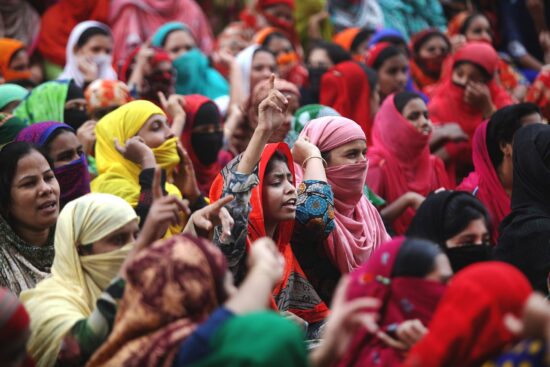WHO releases guidance on gender inequalities and antimicrobial resistance
The World Health Organization (WHO) has released new guidance to address gender disparities in the prevention, diagnosis, and treatment of drug-resistant infections. Antimicrobial resistance (AMR) is a growing concern, particularly in low-resource settings, and poses distinct risks to women and girls. The guidance offers practical recommendations for designing, implementing, and monitoring national action plans on AMR to make them more gender responsive. Women and girls face higher barriers in accessing healthcare, making them more vulnerable to complications from AMR. Factors such as biological, social, cultural, and economic factors contribute to these barriers. Male-dominated professions, negative experiences with the health system, stigma, and discrimination also contribute to the risk and impact of AMR. The lack of gender-disaggregated data in AMR national action plans represents a critical barrier to addressing inequalities through tailored health interventions and inclusive policy frameworks.
AMR NEWS
Your Biweekly Source for Global AMR Insights!
Stay informed with the essential newsletter that brings together all the latest One Health news on antimicrobial resistance. Delivered straight to your inbox every two weeks, AMR NEWS provides a curated selection of international insights, key publications, and the latest updates in the fight against AMR.
Don’t miss out on staying ahead in the global AMR movement—subscribe now!







